Subtotal: $17.99
Knoxville: Summer of 1915
$20.00
- Music: Samuel Barber
- Lyrics / Text: James Agee
- Accompaniment: Piano Reduction
- Format: Musicbook/Songbook
- Catalog #: 50339220
- Publisher: Hal Leonard Corporation
Vocal Music • Classical • Study Score
Publisher: G. Schirmer, Inc.
Prices and availability subject to change without notice.
Images may differ from the actual product.
Description
Knoxville: Summer of 1915, Op. 24, is a 1947 work for voice and orchestra by Samuel Barber, with text from a 1938 short prose piece by James Agee. Although the piece is traditionally sung by a soprano, it may also be sung by tenor.
The text of Knoxville, Summer of 1915 does not tell a story. It is a poetic evocation of life as seen from the perspective of a small boy. It is full of alliteration (“people in pairs”, “parents on porches”, “sleep, soft smiling”, “low on the length of lawns”). The point is that nothing is happening; the adults sit on the porch and talk “of nothing in particular, of nothing at all”. Their voices are “gentle and meaningless, like the voices of sleeping birds”. A horse and a buggy go by, a loud auto, a quiet auto, a noisy streetcar. The members of the family lie on quilts, in the yard (as was not unusual on a hot summer evening, before air conditioning). “The stars are wide and alive, they seem each like a smile of great sweetness, and they seem very near”. The family members are described as a child would, quoting a grown-up: “One is an artist, he is living at home. One is a musician, she is living at home.” The key people are the parents, his father and mother, who are both “good to me”. The boy is “one familiar and well-beloved in that home”. The text foreshadows some tragedy to come: “May God bless my people, my uncle, my aunt, my mother, my good father, oh, remember them kindly in their time of trouble; and in the hour of their taking away”.
The boy includes philosophical commentary: “By some chance, here they are, all on this earth; and who shall ever tell the sorrow of being on this earth, lying, on quilts, on the grass, in a summer evening, among the sounds of the night”. He is “taken in and put to bed”, and is received by sleep. Yet the one thing he can never learn in that house, that no one will ever tell him, is “who I am”. With this sense of lack, the piece ends.

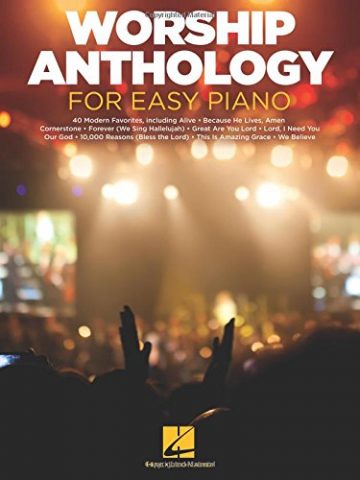 Worship Anthology For Easy Piano. 40 Modern Favorites.
Worship Anthology For Easy Piano. 40 Modern Favorites. 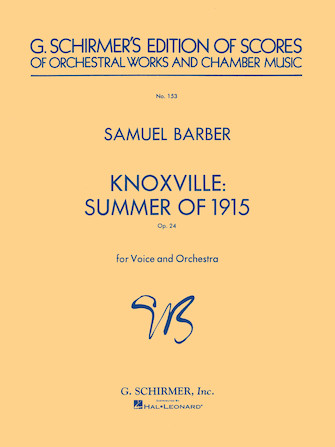
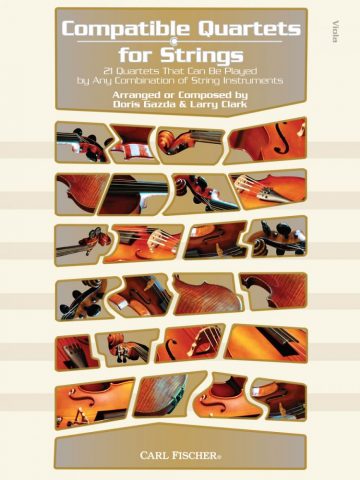
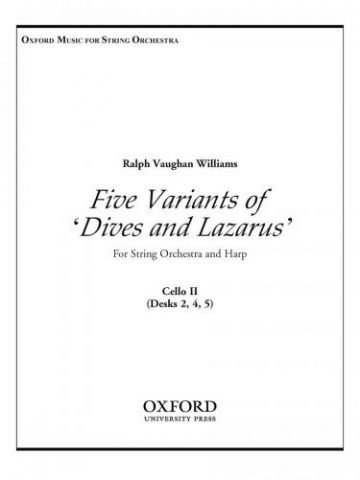
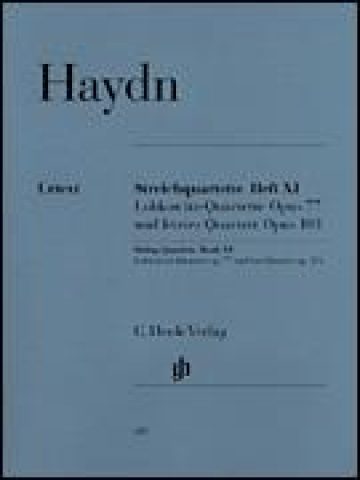
Reviews
There are no reviews yet.